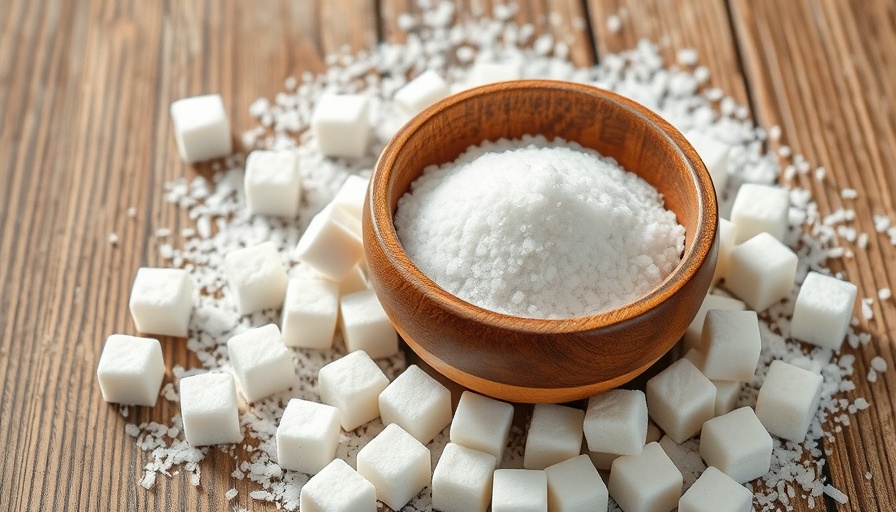
Understanding Spider Veins: More Than Just a Cosmetic Issue
Spider veins, also known as telangiectasias, are small, often twisted veins that appear near the skin’s surface, typically in shades of red, blue, or purple. Though not usually harmful, they can be a source of discomfort for many due to their appearance.
What Causes Spider Veins?
While spider veins can develop for various reasons, genetics plays a major role. If your family has a history of spider veins, you may likely inherit this tendency. Aging is another factor, as veins naturally weaken over time. Hormonal fluctuations during puberty, pregnancy, menopause, and the use of hormone-based birth control can all contribute to the development of these veins. Furthermore, lifestyle factors such as obesity, prolonged sitting or standing, sun exposure, and smoking can exacerbate the problem.
Are Spider Veins a Sign of Poor Circulation?
It's natural to wonder if spider veins indicate a more serious circulation problem. For most, they are merely a cosmetic concern. However, in some instances, they could signal mild venous dysfunction if accompanied by discomfort like cramping or heaviness in the legs. It’s crucial to consult a healthcare provider if these symptoms arise.
Exploring Natural Remedies
While natural remedies won’t eliminate spider veins entirely, they may help reduce their appearance. Exercise, maintaining a healthy weight, and wearing compression stockings can improve circulation and lessen visibility. Additionally, incorporating anti-inflammatory foods into your diet, such as turmeric and ginger, may improve overall vein health. A holistic approach to lifestyle changes can yield significant results.
Embracing Community Efforts
As these vein issues are so common, sharing experiences and tips within your community can be immensely beneficial. Local workshops that focus on health education can empower individuals with knowledge about veins and vascular health. By fostering an environment of support, we can conquer these concerns together.
Conclusion: Be Proactive About Your Health
Understanding the causes of spider veins is the first step in addressing their appearance. By being proactive and seeking community resources or support, we can better manage conditions that affect our bodies. Encourage those around you to prioritize their vein health and appreciate the beauty of every part of their journey.
 Add Row
Add Row  Add
Add 




Write A Comment